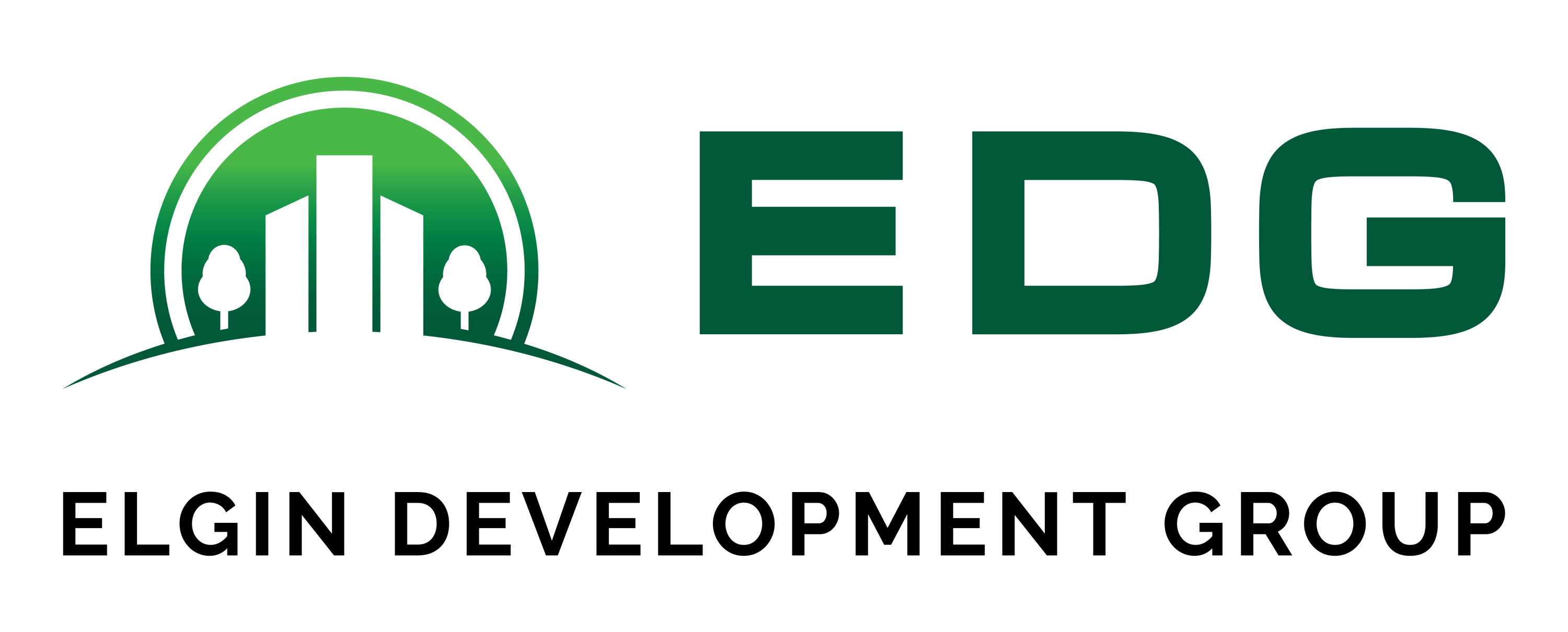
Inflation edges higher; Deal reached with China on trade tariffs; Homebuilders urge affordability reforms
What you need to know to start your day
Inflation edges higher
The U.S. annual inflation rate was 2.4% in May, rising slightly from 2.3% in April, as lingering trade tariff matters continued to have limited effects so far on overall consumer prices. The Labor Department Wednesday said the shelter category that includes rents and other housing expenses continued to have the biggest impact on costs.
The monthly consumer price index report showed shelter costs rising 0.3% on a monthly basis and 3.9% on an annual basis. Analysts said May’s slight increase in overall inflation will likely spur the Federal Reserve to leave interest rates unchanged until at least September, with the Fed’s next rate-setting meeting set for June 17-18.
“If shelter inflation were to ease to 2% or even 3%, overall inflation would already be at a comfort point for the Federal Reserve,” National Association of Realtors Chief Economist Lawrence Yun said in a statement. “The Fed will remain on pause until inflation is fully contained at or below 2%.”
Ryan Sweet, chief U.S. economist at forecasting firm Oxford Economics, said May’s cost declines for gasoline, airfares and public transportation helped place downward pressure on overall inflation, but trade tariff effects could begin to be seen this summer, especially for new and used vehicles. “Tariffs will increase the price of replacement supply on dealer lots over the next few months,” Sweet said in a statement.
The latest government report showed energy costs declining 3.5% on an annual basis, aided largely by a 12% drop in gasoline prices. Food price hikes have slowed so far in 2025, and food prices increased 2.9% from a year earlier in May.
Deal reached with China on trade tariffs
The White House said trade talks have generated an agreement under which goods imported from China will face tariffs totaling no more than 55%, though full details were not announced Wednesday and were still subject to approval by China.
Officials addressed concerns that shifting trade policies — especially disputes with China — are creating lingering uncertainty for consumers and businesses. Commerce Secretary Howard Lutnick told CNBC that the China tariff amount would not be changing going forward.
The 55% figure includes the previously announced 30% blanket tariff on all Chinese goods, plus a 25% tariff on specific products from all countries, such as cars and auto parts. Recent U.S.-China talks came after a dispute in which President Donald Trump at one point was seeking to impose tariffs as high as 145% on China, as China threatened to retaliate with similar fees.
The latest proposed deal is “done,” but is “subject to final approval” by himself and Chinese President Xi Jinping, Trump said in a Truth Social post Wednesday.
Homebuilders urge affordability reforms
More than 1,000 builders and other construction industry professionals went to Capitol Hill Wednesday, calling on members of Congress to back reforms intended to increase production of affordable houses and apartments.
Many were in Washington, D.C., for the National Association of Home Builders’ annual legislative conference, holding more than 250 meetings with U.S. representatives and senators, according to an NAHB statement. Builders called on lawmakers to pass proposed legislation preventing federal agencies from imposing minimum energy standards that builders said raise housing costs and price out potential buyers; and preventing state and local governments from banning the use of natural gas in new homes.
The group also called on reforms to provide more resources for affordable rental housing, through expansion of the low-income housing tax credit. Advocates backed pending legislation supporting increased workforce training in construction and other essential trades, to address “the severe construction labor shortage that is worsening the housing affordability crisis” by raising building costs and delaying projects.
“The best way to ease the nation’s housing affordability crisis and boost housing production is to break down the barriers that are impeding new home and apartment construction,” NAHB Chairman Buddy Hughes said in a statement.
Additional Info
Media Contact : https://www.costar.com/
Related Links : https://www.costar.com/
Source : https://www.costar.com/
